Europeans are facing a new economic reality they have not experienced for decades – they are getting poorer.
Long the envy of the world , continental living is losing its luster as Europeans find their purchasing power dwindling. The French are eating less foie gras and drinking less red wine. Finns are also using saunas on windy days – when electricity is less expensive.
In Germany, meat and dairy consumption is at a three-decade low, and the once-booming organic food market is in a tailspin. In May, Italy’s Economic Development Minister Adolfo Urso called an emergency meeting as the price of pasta—a staple in the country—rose at twice the rate of national inflation.
As consumption fell into free fall, Europe also entered a recession earlier this year. This was long anticipated. For years, economic growth and productivity in the region have stagnated due to an aging population, workers prioritizing more free time and job security over increased income. Then came Covid-19 and the Russia-Ukraine conflict. The strangulation of global supply chains and soaring energy and food prices have exacerbated the situation.
Meanwhile, governments ’ responses have only compounded the problem. To keep jobs, they have focused on subsidizing employers, leaving consumers with no cash cushion when the price shock hits. Americans have done the opposite—they have benefited from lower fuel prices and direct government subsidies to keep spending.
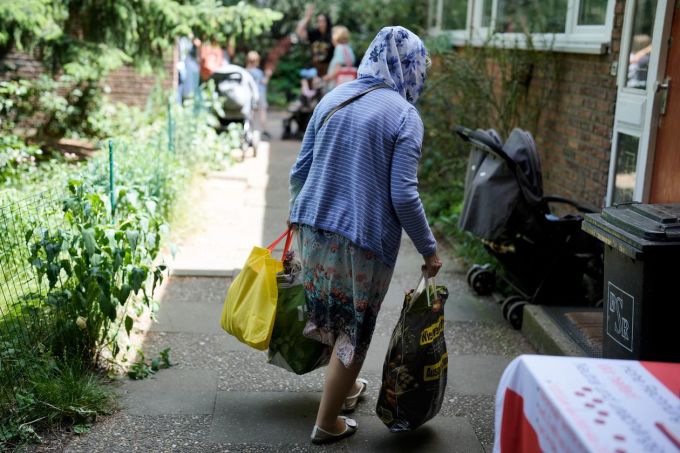
A woman leaves a food distribution point in Berlin, Germany. Photo: AP
Previously, Europe could rely on exports. However, with China, a key market for European goods, yet to recover, this growth engine has not yet come into play.
High energy costs and 50-year high inflation are also eroding companies’ price advantage in international markets. As global trade shrinks, Europe’s reliance on exports is becoming a weakness. Exports now account for 50% of eurozone GDP, compared with 10% in the United States.
After adjusting for inflation and purchasing power, wages in Germany have fallen 3% since 2019. The declines in Italy and Spain were both 3.5%, and in Greece they were 6%. Meanwhile, real wages in the US have risen 6% over the same period, according to data from the Organization for Economic Cooperation and Development (OECD).
Even the middle class is feeling the pinch. In Brussels, one of Europe’s richest cities, teachers and nurses line up in the evenings to buy half-priced groceries from a truck. The vendor, Happy Hours Market, collects nearly expired food from supermarkets and sells it on an app. Customers can order in the early afternoon and pick up their groceries in the evening.
“Some customers tell me: ‘Thanks to you, I can eat meat two or three times a week,’” said delivery man Pierre van Hede.
Karim Bouazza, a 33-year-old nurse, picked up meat and fish for his wife and two children at home. He complained that inflation meant “you almost need to work another job to pay for everything.”
Similar services are popping up across Europe, pitched as a way to save money and reduce food waste. TooGoodToGo, founded in Denmark in 2015, sells leftover food from retailers and restaurants. It now has 76 million subscribers across Europe – a threefold increase by the end of 2020.
In Germany, Sirplus – a startup founded in 2017 – also sells “rescued food”, such as expired products. Motatos – founded in Sweden in 2014 – is now present in Finland, Germany, Denmark and the UK.
Spending on luxury foods has also plummeted. Germans will consume 52 kilograms of meat per person in 2022, 8% less than the previous year and the lowest since 1989. While part of the reason is a desire to eat healthier and be kinder to animals, experts say the trend has accelerated as meat prices have risen 30% in recent months. Germans are also eating less beef in favor of cheaper options like chicken, according to the German Federal Agricultural Information Center.
Thomas Wolff, an organic food seller near Frankfurt, said sales fell 30% last year as inflation accelerated. Wolff, who employed 33 people to meet the demand for expensive organic food, has now had to lay off all of them.
Ronja Ebeling, a 26-year-old consultant in Hamburg, said she always saves about a quarter of her income, partly because she worries about her pension when she gets older. She spends little on clothes and cosmetics and shares a car with a friend.
Weak consumption and an aging population have also made Europe less attractive to companies ranging from consumer goods giant P&G to luxury conglomerate LVMH. “Americans are now spending more than Europeans,” Unilever CFO Graeme Pitkethly said in April.
According to the International Monetary Fund (IMF), the eurozone economy has grown by 6% over the past 15 years, in US dollars. Meanwhile, the US economy has grown by 82%.
Weak growth and high interest rates are straining Europe’s generous social welfare systems. Economists say governments spending hundreds of billions of dollars on subsidies and tax breaks to offset higher fuel costs may be pushing inflation higher.
Vivek Trivedi, 31, lives in Manchester and earns £51,000 ($67,000) a year. But now, with inflation in the UK hovering above 10% for nearly a year, Trivedi’s monthly expenses have had to adjust. He buys groceries at discounted prices and eats out less. Some of Trivedi’s colleagues have even turned off their heating for months at a time for fear of rising costs.
Huw Pill, an economist at the Bank of England, warned Britons in April to accept that they were getting poorer and stop demanding higher wages. “Yes, we are all getting poorer,” he said. Pill explained that trying to offset rising prices with higher wages would only exacerbate inflation.
Analysts predict that with defense spending rising and interest rates high, European governments will soon have to raise taxes. Taxes in Europe are already high compared to other developed countries. Americans keep about three-quarters of their income after taxes. But the French and Germans get only half.
Many European unions are pushing for shorter hours, rather than higher wages. IG Metall, Germany’s largest union, is calling for the same wages but a four-day work week. They argue that a shorter work week would improve morale and quality of life for workers, and attract younger workers.
Kristian Kallio, a game developer in northern Finland, recently reduced his workweek by 20%, taking a 10% pay cut. A third of his coworkers have followed suit. In his spare time, he spends time doing things he enjoys, like cooking and long-distance cycling. “I don’t want to go back to the old commute,” he says.
At a car plant in Melfi, Italy, employees have been working reduced hours for years because of hard-to-find raw materials and high energy costs. Hours have recently been cut by 30%, and wages have been cut accordingly. “High inflation and energy prices are making it harder to cover family expenses,” said Marco Lomio, a worker at the plant.
Ha Thu (according to WSJ)
Source link









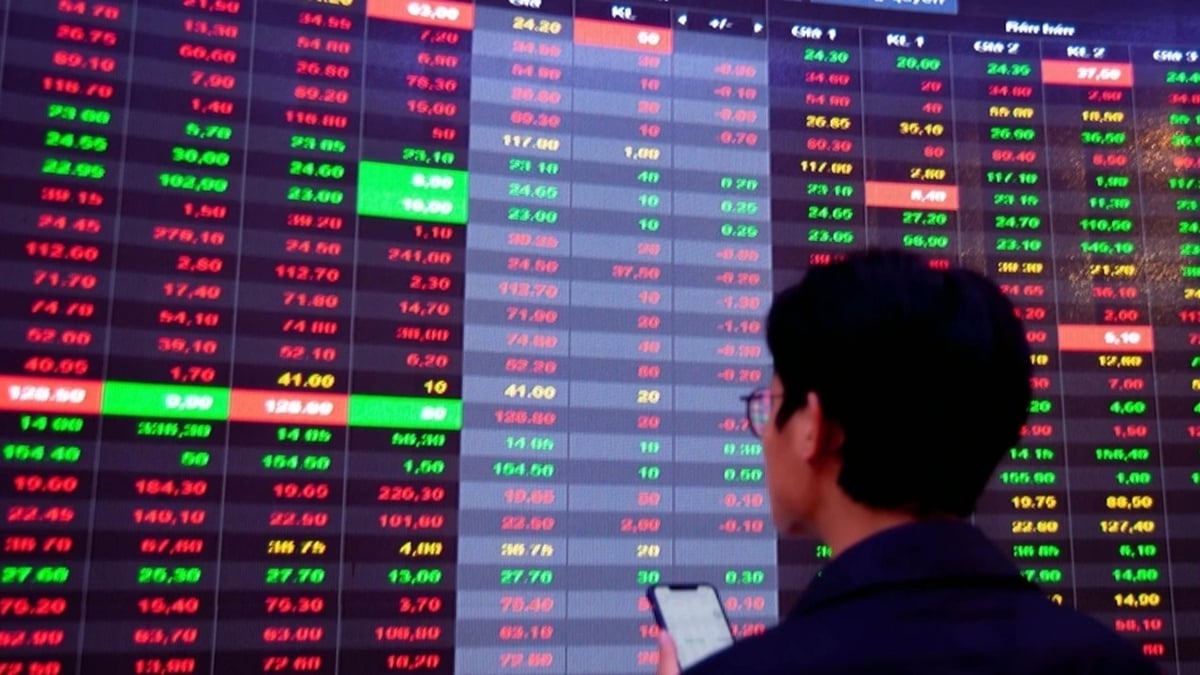
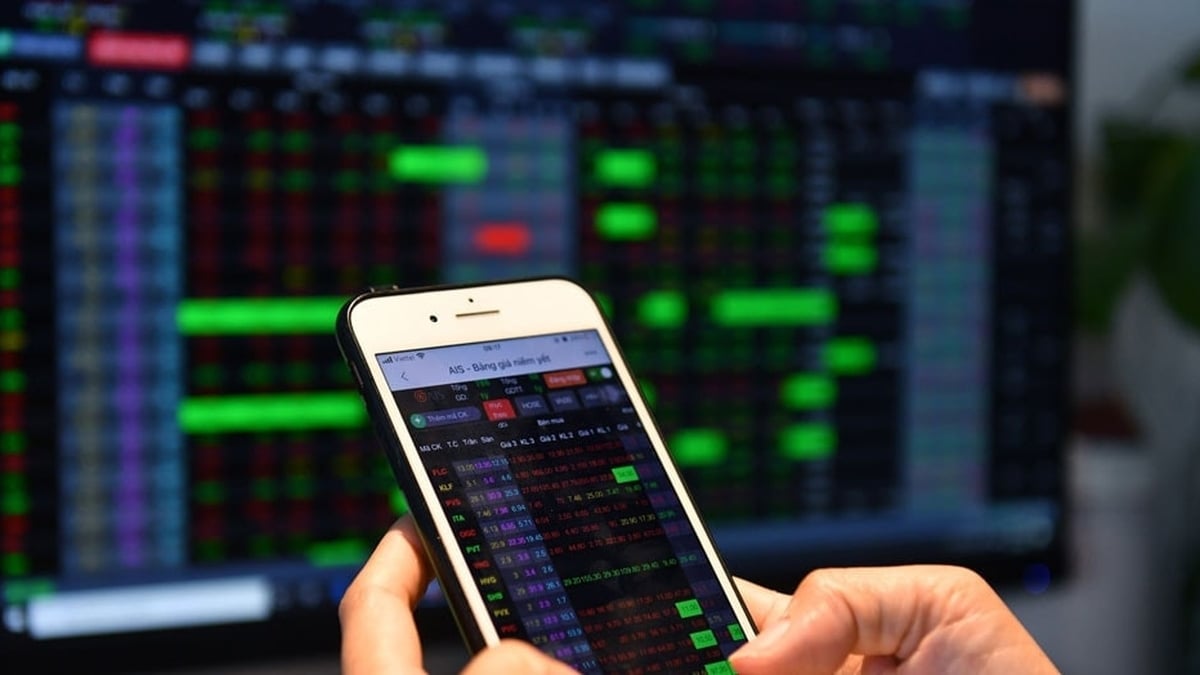

























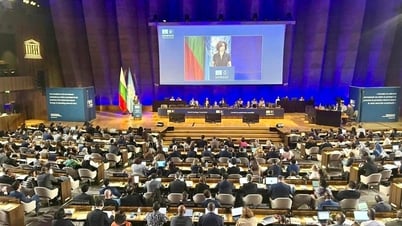






















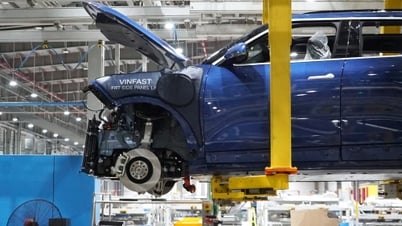





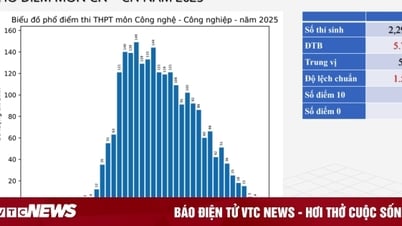













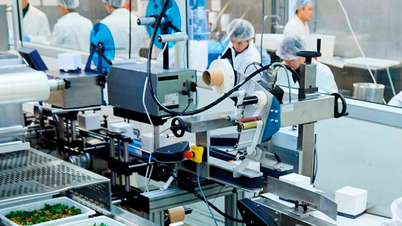























Comment (0)